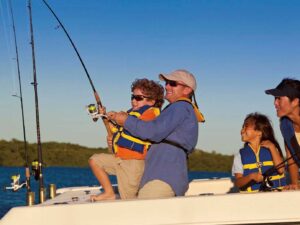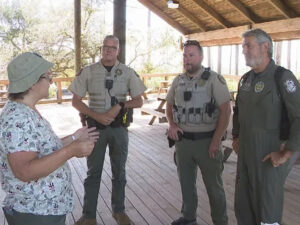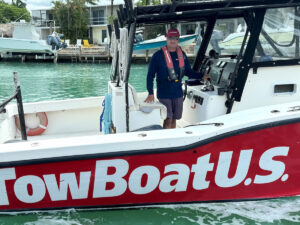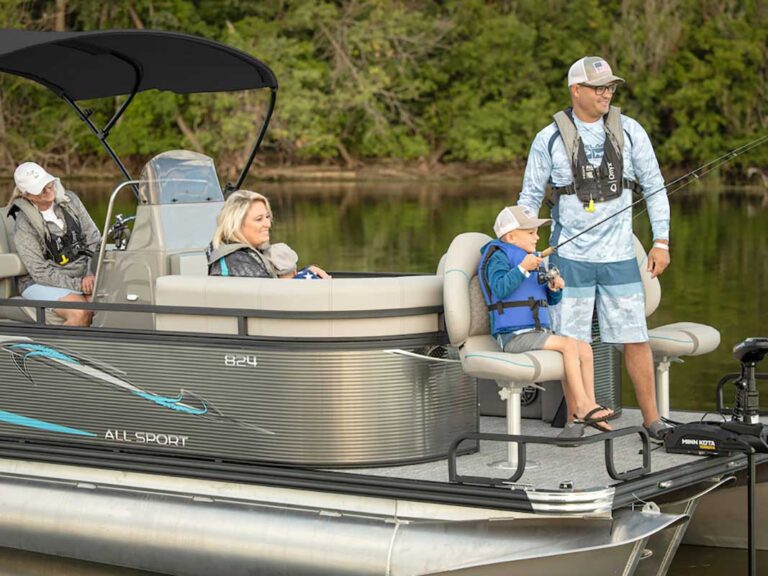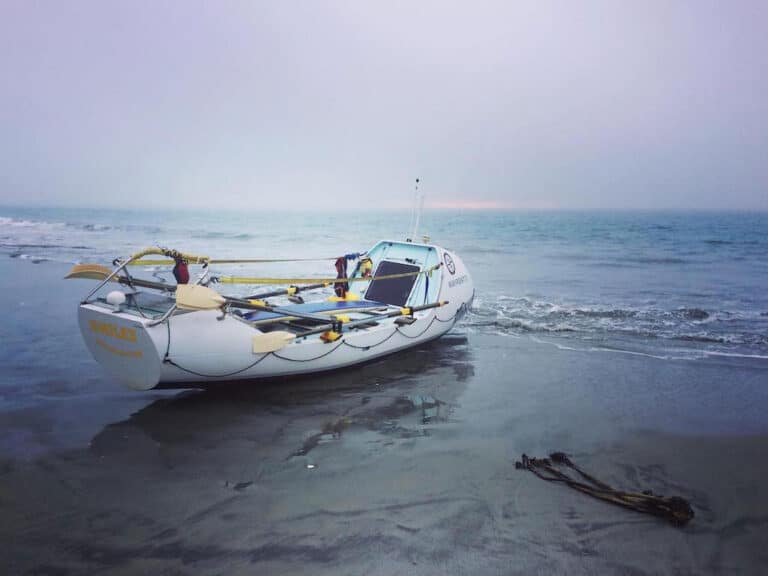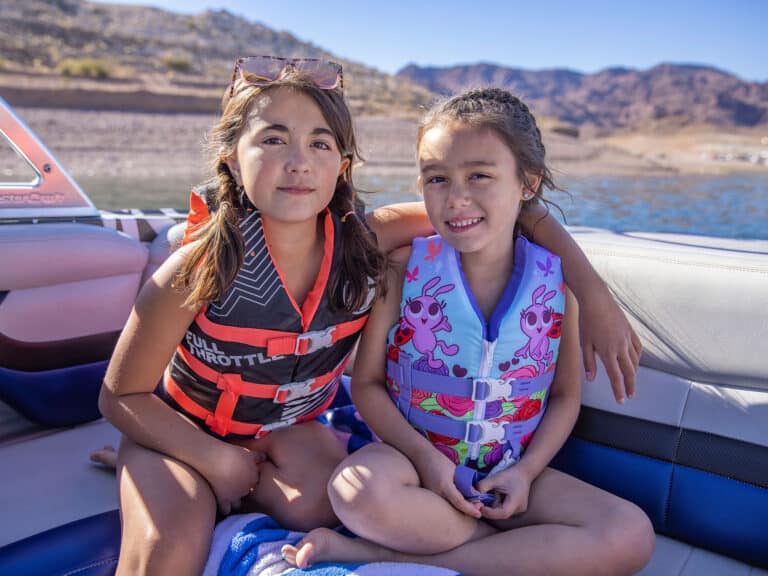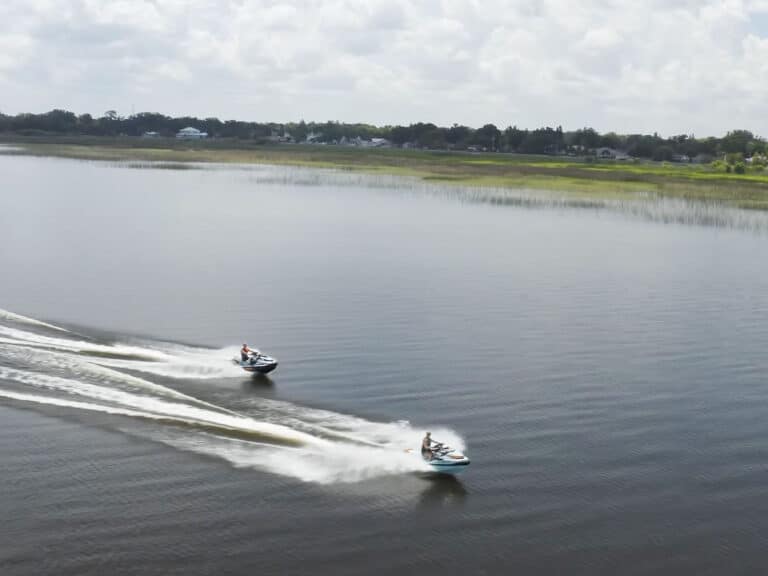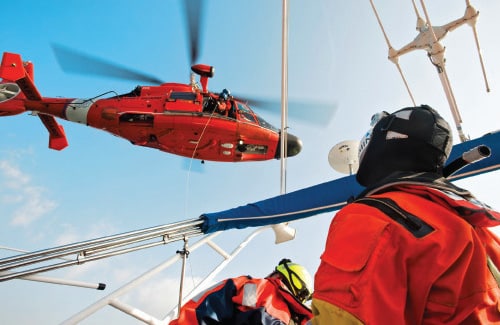
That’s strange, he looks seasick,” a boater thinks of his son. “He never got seasick before.” The plan was just a three-hour excursion off the Louisiana coast. Thankfully, no one was hurt when he missed a marker and ended up hard aground in the shallows so common in that particular stretch of the bayou. Miles from anywhere and without cell phone coverage, he feels a little uneasy but shrugs it off as he wonders about his prop and waits for the rising tide. His 12-year-old boy disappears into the salon to escape the mosquitoes. Emerging from the cabin a few hours later, the boy looks pale. “Dad, I’m so sorry.” His look isn’t strange anymore. He isn’t seasick. “Oh God, we didn’t bring your insulin!” the father realizes. Boredom turns to panic in an instant as the father claws at the radio: “Mayday, mayday, mayday.”
The lesson learned from this case — like so many at-sea emergencies — begins not at the missed channel marker but at the marina, hours before starting the engines. It was a simple planning mistake I’d seen all too often in my 10 years as a Coast Guard rescue swimmer. It could have turned out much worse than it did. Within 30 minutes, my crew from Air Station New Orleans was over the vessel. The boy was at the hospital within an hour and just fine, but his father learned the hard way that successful trip planning is not just getting ready for “what” you are going to do (i.e., going fishing); it’s primarily about getting ready for “where” you are going. They were fishing 40 miles from the nearest hospital. Before your next trip, make sure you’re equipped for “where” you will be — out in a very unpredictable place in an machine with 1,000 moving parts — so that common delays don’t turn dangerous.
When unforeseen weather pops up, having pre-identified bailout points can help quell the desire to make it back to the marina you came from. I’ve seen dozens of rescues where captains passed up safe harbors in an effort to get back to their own, significantly increasing risks unnecessarily. Local knowledge and having the right charts or chart chips aboard to put in early can turn big problems into minor inconveniences — making repairs or waiting out weather with passengers safely ashore, not on deck in life jackets.
Spare clothing may seem like excess baggage for a half-day excursion, but warm days can turn into dangerously cold nights if things don’t go as planned. I once pulled three hypothermic survivors off a 23-foot center-console in early September. The T-shirts and shorts they wore on their sunny day-trip were no match for sub 60-degree overnight temperatures and constant rain. An otherwise boring wait for a tow turned into a genuine medical emergency for want of a few sweaters and $50 worth of rain gear. Fleece jackets, rain gear and blankets should be vacuum-packed and permanently stored aboard for use during unexpected delays.
Store gallons of fresh water belowdecks and refresh them often; about a half-gallon per person should be enough to last until help arrives. Long shelf life snacks and extra food will keep everyone comfortable during repair delays or unplanned anchorages. Having something to do — board games, a deck of cards or books to read — seems trivial but may make the difference between a calm passenger and an agitated and impatient one.
The most often overlooked safety item left ashore is medicine. Medical conditions may be a private matter, but when you go to sea you leave advanced medical care behind. Captains should insist on knowing as much as possible about the passengers on their boat. Prescription medications that are deemed critical at home (heart medicines, insulin, seizure medication, etc.) go along for the ride or the people who need them don’t go at all.
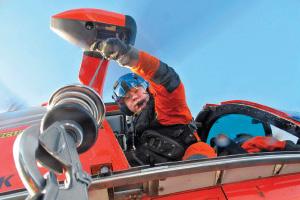
Every year, the U.S. Coast Guard performs an enormous number of medical evacuations. Sometimes they simply can’t be helped. A broken arm from a slip and fall or a case of previously undiagnosed appendicitis can happen from time to time, but in most cases the medical emergencies aren’t real surprises. You need to know if your friend’s wife has a history of seizures or your new business partner had bypass surgery last year. It may not be your business on land, but it is crucial information when making preparations for your trip and vital to know in an emergency.
Go Overboard
As part of trip preparation, ensure everyone aboard knows the vital basics. Using the radio to call for help, manually starting bilge pumps and even deploying emergency equipment may all seem like old hat to you, but what if you are the emergency? Practicing a man-overboard drill with the captain being the man overboard is the smartest thing I’ve ever seen a mariner do. From the greenest youngster to your saltiest old friend, all hands should know how to use the GPS to make position reports and be unafraid to push the red distress button on the radio. But they have to know where that red button is and what it will do.
Raft Resources
You don’t have to be sinking to find your life raft useful. Contents vary depending upon manufacturer and type of raft, but many life raft kits contain water and food rations; signaling devices including flares, signal mirrors and whistles; and first-aid kits. Some packs may even include their own EPIRB. Rafts can be tricky to open without inflating and dangerous if inflated in a confined space. It’s probably safest to inflate on deck or overboard and then lash the raft securely. Contact your raft manufacturer or servicing facility for a list of what you have been carrying all along but didn’t know about and how to access it.
The U.S. Coast Guard is asking all boat owners and operators to help reduce fatalities, injuries, property damage, and associated healthcare costs related to recreational boating accidents by taking personal responsibility for their own safety and the safety of their passengers. Essential steps include: wearing a life jacket at all times and requiring passengers to do the same; never boating under the influence (BUI); successfully completing a boating safety course; and getting a Vessel Safety Check (VSC) annually from local U.S. Coast Guard Auxiliary, United States Power Squadrons(r), or your state boating agency’s Vessel Examiners. The U.S. Coast Guard reminds all boaters to “Boat Responsibly!” For more tips on boating safety, visit www.uscgboating.org.

